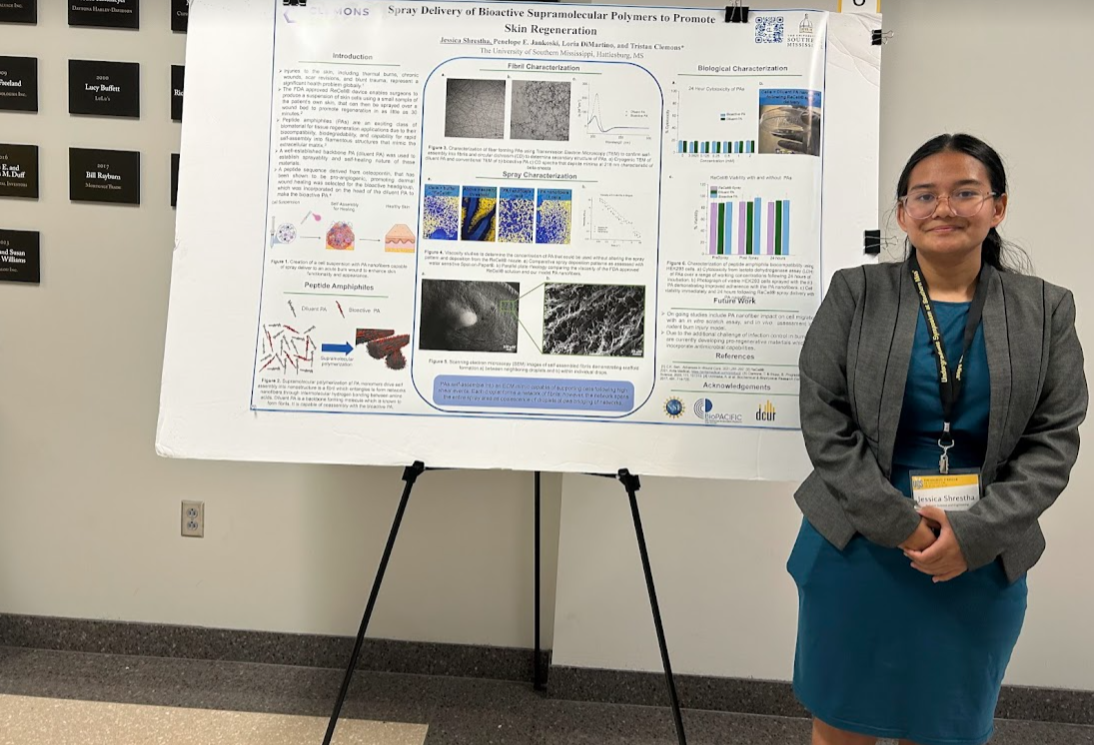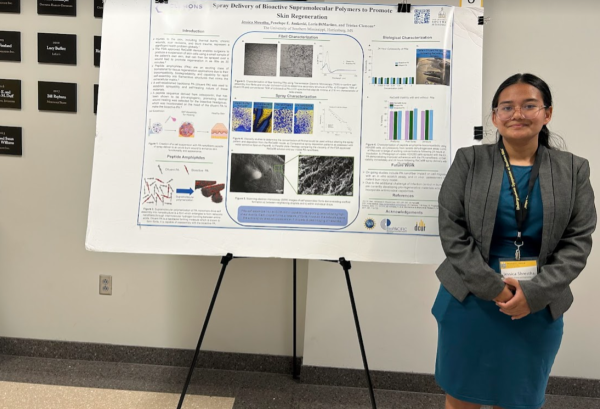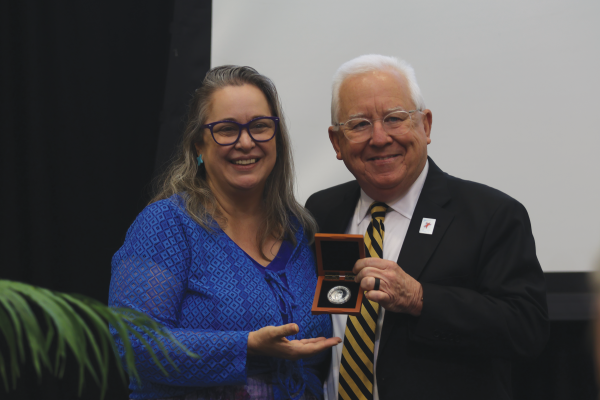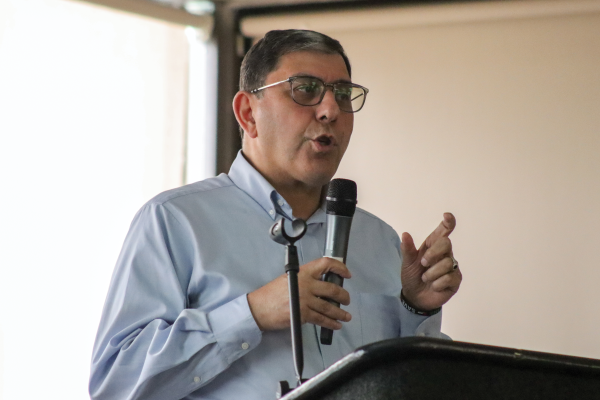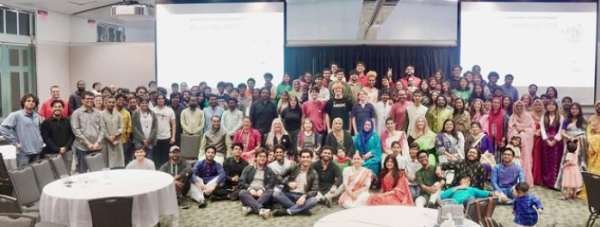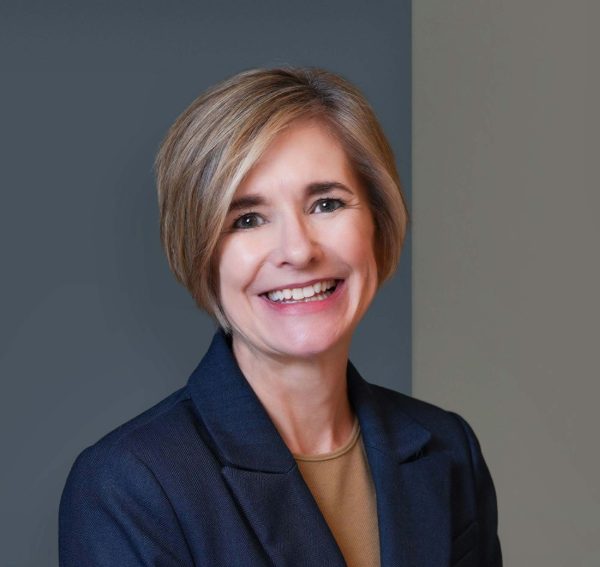USM’s Center for Behavioral Health hosts fundraiser
The University of Southern Mississippi’s Center for Behavioral Health (CBH) is hosting a fundraiser throughout the month of November in effort to increase access to autism services.
Recent statistics show one in 44 children in the U.S has autism, said Kristy McRaney, Ph.D., director for Center of Behavioral Health.
“The rates are increasing that we are seeing,” McRaney said. “That doesn’t necessarily mean autism is more common. I think we are doing a lot more awareness around autism, and we are getting better at detecting it earlier and earlier.”
Autism is a neurodevelopmental disorder usually presented in early childhood. Patients with autism experience challenges with social skills, verbal and non-verbal communication and repetitive behavior. Autism can range from moderate to severe. Some can go on to live independently while others will need supervision for the entirety of their life. According to the CDC, there are many different factors that have been identified that may make a child more likely to have autism, including environmental, biologic and genetic factors.
“The Center for Behavioral Health serves not just our campus community but our local community,” McRaney said. “We operate on a sliding scale schedule which means we offer very low rates of services to our community members and because of that we are able to serve community members who don’t have insurance or under insured. The Center for Behavioral Health completes evaluation in addition to therapy. We have a lot of kiddos that are coming to us for autism evaluation.”
The fundraiser’s goal is to fill in the gap of funding that is needed to bring specialized training to the CBH’s clinicians. The CBH recently received a grant that covers a great portion of the funding needed for this training but not all of it. Part of the goal is to go from three people to at least 50 clinicians who are able to administer a specialized tool used to detect autism called the Autism Diagnostic Observation Schedule second edition. Having more clinicians reduces the wait time for children who are waiting for results.
“That’s really important because early intervention is critical for children with autism, and the longer they wait, that’s the longer they don’t have that service that they really need,” McRaney said. “So we are really excited about this, and we really need some donations to finish the gap.”
Those interested in donating can visit the CBH social media pages on Facebook which is USMCBH or Instagram @USM_CBH or go directly to [email protected]\unlockpotential.
Your donation will support the student journalists of University of Southern Mississipi. Your contribution will allow us to purchase equipment and cover our annual website hosting costs.


